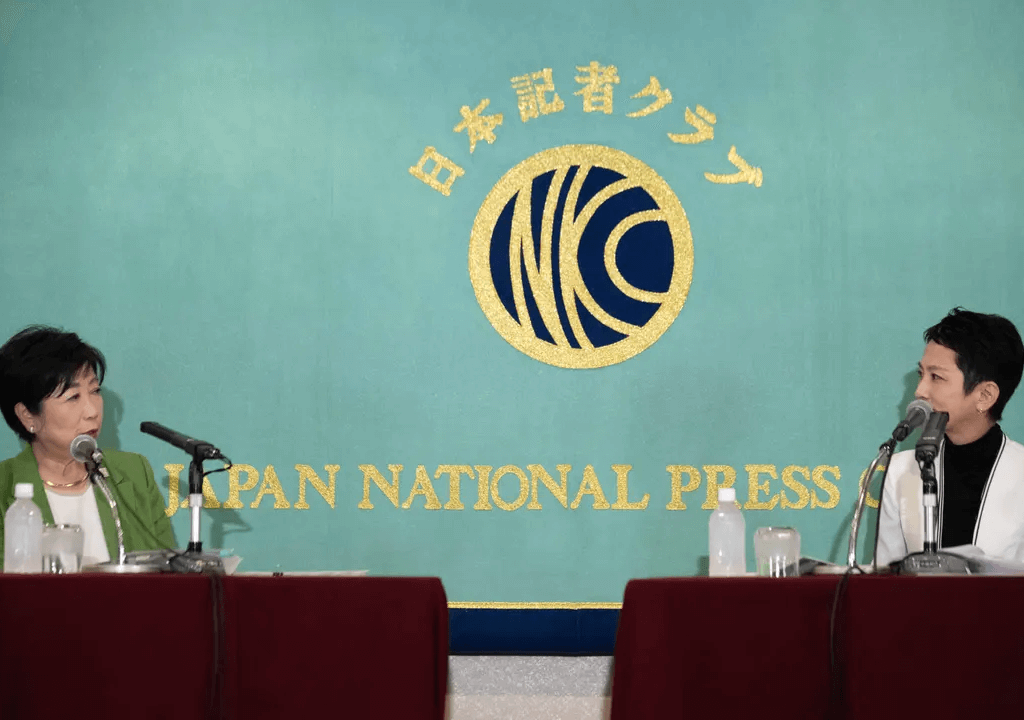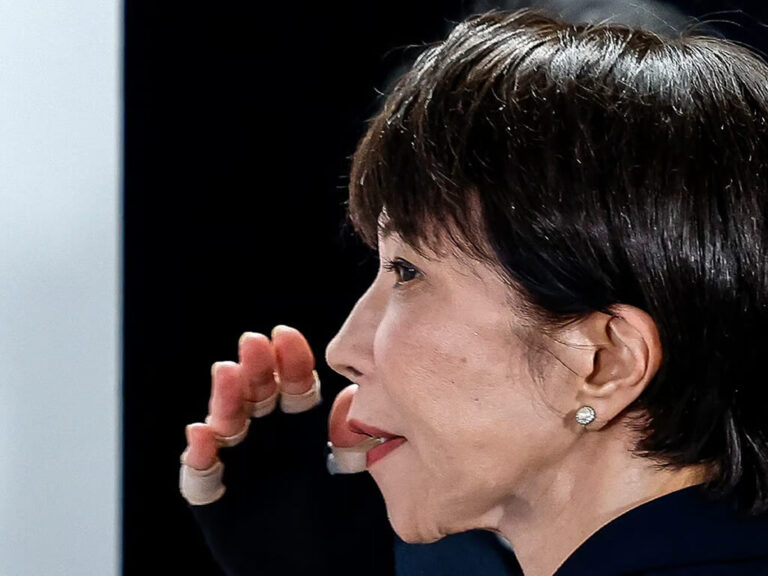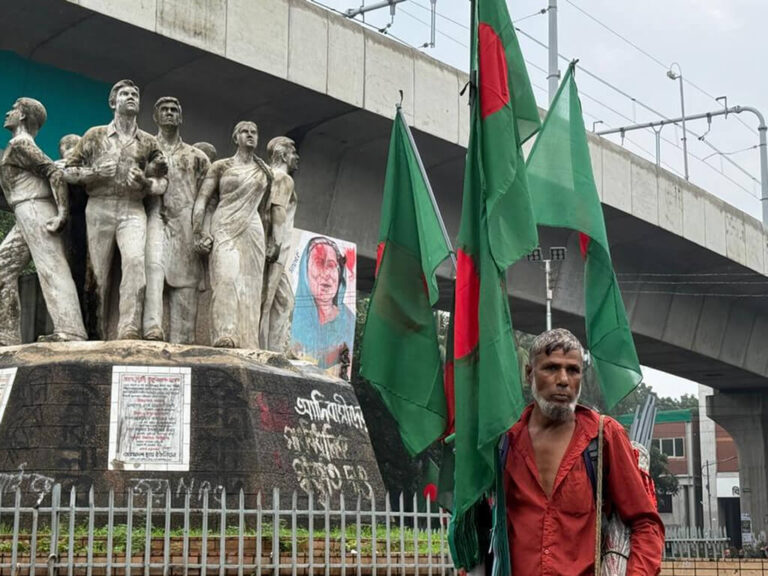Tokyo, the capital of Japan, is not just another Asian city; it’s the most populous city in the world, with numerous institutes that influence the entire Asian economy. The city extends into a vast metropolis or prefecture, comprising around 40 million people who live densely, making it a city with a high cost of living and high rental rates, but a GDP that almost rivals that of the Netherlands. Tokyo is setting off the governor election on July 7, and campaigns kicked off last week. Interestingly, two women are the leading candidates in the upcoming Tokyo election, representing major parties in a highly male-dominated political landscape. The Tokyo election of 2024 is led by the incumbent Yuriko Koike, who has been in charge since 2016 and represents the governing conservative but named Liberal Democratic Party (LDP). The main opposition party, the Constitutional Democratic Party (CDP), has presented Renho Murata as the challenger. The Tokyo election is expected to be a proxy war between the country’s two main political parties.
Koike, 71, has an impressive record in administration, guiding the city through the most challenging times of the COVID-19 pandemic. The city, severely hit by the pandemic, implemented lockdowns that included tight controls. Interestingly, she conducted the Summer Olympics during this challenging time. The prestigious Tokyo Olympics 2021 was a great success, even though she faced a lot of opposition to conducting the Olympics under such challenging conditions. Considering the obstacles faced, the Tokyo Olympics was one of the most successful events in recent years. These achievements make Koike, a former TV anchor first elected to the lower house of parliament in 1993, the frontrunner in the upcoming Tokyo election. She now owns her party, Tomin First, though receives strong support from the LDP, as well as from parties like Komeito and the Democratic Party for the People. There are no major allegations against her, despite a funding scandal involving her party and a dispute over her academic qualifications.
Renho, the main challenger of Koike, represents center-left politics and, with the support of the opposition party, the CDP, is expected to give a tough fight to Koike in the Tokyo election. Renho, born to a Japanese mother and Taiwanese father, was also a television personality like Koike and a former swimsuit model. She entered politics as an upper house member in 2004 and became the first female leader of Japan’s biggest opposition party, the CDP, in 2016. She contested the presidential election as an independent, though with the support of the CDP and the Japanese Communist Party. Renho sparked a minor controversy when she became opposition leader in 2016 by revealing that she still held dual Japanese and Taiwanese nationality, despite earlier insisting that she had become a naturalized Japanese citizen in her teens. Japanese law requires individuals with dual nationality to choose one before they turn 22. Renho later renounced her Taiwanese citizenship.
The demographic crisis is the biggest topic in the Tokyo election as well as in Japanese politics. Lowering fertility rates and connected issues, ranging from work-life balance to economic decline, have become heated topics in the Tokyo election. Nationwide, the fertility rate, or the average number of children a woman is expected to have in her lifetime, stands at 1.2 – significantly below the 2.07 needed to maintain a stable population. The situation in Tokyo is even more urgent, with its birth rate at 0.99, the lowest among Japan’s 47 prefectures. The frontrunners have clashed over their plans to raise the birth rate, with Koike promising lower rents for families and free daycare for married couples first children. Renho has said she would pressure companies to improve their employees work-life balance. She aims to make life in Tokyo more appealing and turn it into a destination for Japan’s young people seeking their ideal lifestyle. However, many people are demanding a clear blueprint for tackling these challenges before the July 7 vote.
The 2024 Tokyo gubernatorial election will feature a total of 56 candidates from across the political spectrum. The previous election, held on July 5, 2020, resulted in the incumbent Yuriko Koike being re-elected for a second term in a landslide, increasing her share of the vote to 59.7%. This result was widely viewed as an endorsement of her handling of Tokyo’s response to the COVID-19 pandemic. However, many believe that the 2020 election result was influenced by the pandemic situation and that Koike may not be able to repeat her victory this time. Additionally, the current political climate in the country is not favorable for the LDP. However, The 2024 election, led by two female candidates, is expected to draw significant interest not only from Japan but also from around the world.








